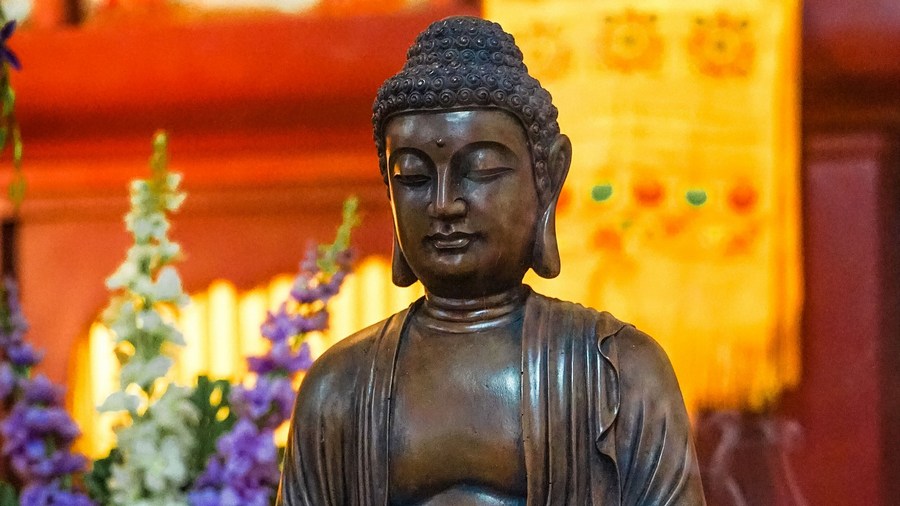…‘I say that there are two kinds of mental behavior: that which you should cultivate, and that which you should not cultivate. And each of these is a kind of mental behavior.’ That’s what the Buddha said, but why did he say it? You should not cultivate the kind of mental behavior which causes unskillful qualities to grow while skillful qualities decline. And you should cultivate the kind of mental behavior which causes unskillful qualities to decline while skillful qualities grow.
And what kind of mental behavior causes unskillful qualities to grow while skillful qualities decline? It’s when someone is covetous. They covet the wealth and belongings of others: ‘Oh, if only their belongings were mine!’ They have ill will and malicious intentions: ‘May these sentient beings be killed, slaughtered, slain, destroyed, or annihilated!’ That kind of mental behavior causes unskillful qualities to grow while skillful qualities decline.
And what kind of mental behavior causes unskillful qualities to decline while skillful qualities grow? It’s when someone is content. They don’t covet the wealth and belongings of others: ‘Oh, if only their belongings were mine!’ They have a kind heart and loving intentions: ‘May these sentient beings live free of enmity and ill will, untroubled and happy!’ That kind of mental behavior causes unskillful qualities to decline while skillful qualities grow. ‘I say that there are two kinds of mental behavior: that which you should cultivate, and that which you should not cultivate. And each of these is a kind of mental behavior.’ That’s what the Buddha said, and this is why he said it.
…
Read the entire translation of Majjhima Nikāya 114 Sevitabbāsevitabbasutta: What Should and Should Not Be Cultivated by Bhikkhu Sujato on SuttaCentral.net. Or listen on PaliAudio.com or SC-Voice.net. Or explore the Pali on DigitalPaliReader.online.
Or read a translation in Deutsch, Italiano, Русский, বাংলা, Español, Français, हिन्दी, Bahasa Indonesia, 日本語, မြန်မာဘာသာ, Norsk, Português, සිංහල, Slovenščina, Srpski, ไทย, Tiếng Việt, or 汉语. Learn how to find your language.





